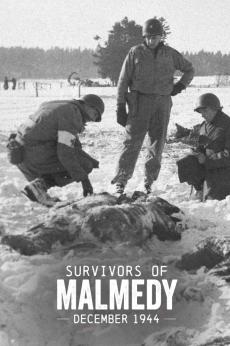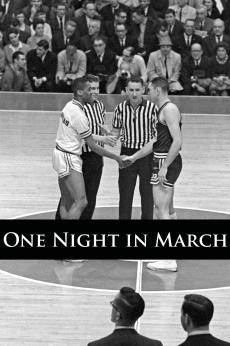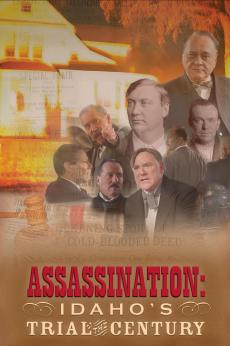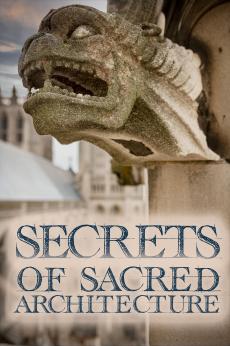Marian Anderson: The Whole World in Her Hands
Discover an international singer who captivated royalty in Europe and defied the conscience of 1939 America. Watch rare archival footage and hear audio recordings exploring her life and career from the Metropolitan Opera to the State Department.
Previews + Extras

How racism affected Marian Anderson's vocal classification
S36 E2 - 1m 24s
Marian Anderson was billed as a contralto, the lowest possible female voice, even though she could also sing the high notes of a soprano. "I believed that Marian Anderson was not classified as a soprano is because that would mean that she would be the love interest of a white counterpart, which was not accepted at all at the time," said opera singer Denyce Graves.

Marian Anderson's singing recalls America's racial unrest
S36 E2 - 3m 14s
In 1919, Marian Anderson traveled to Chicago for a six-week opera course. Decades later, the city's lasting impression on her was heard through her rendition of the spiritual folk song, "Crucifixion," which evoked memories of the racial unrest she saw during her time there.

Marian Anderson's love of fashion and shoes
S36 E2 - 1m 37s
The National Marian Anderson Museum in Philadelphia, Pennsylvania houses a collection of Anderson's beautiful couture clothing, accessories and shoes. "One of the things that Marian was able to re-imagine about her life and about her style was being introduced to the European fashion scene," said Jillian Pirtle, CEO of the museum.

Marian Anderson: The Whole World in Her Hands
S36 E2 - 1m 4s
Discover an international singer who captivated royalty in Europe and defied the conscience of 1939 America. Watch rare archival footage and hear audio recordings exploring her life and career from the Metropolitan Opera to the State Department.

Marian Anderson overcame discrimination with Danbury farm
S36 E2 - 1m 34s
Anderson bought her beloved farm in Danbury, CT, with her husband, Orpheus Fisher. Despite her reverence and Fisher being able to pass as white, the couple still encountered racism while attempting to buy the farm. The couple persevered and expanded their purchase to 100 acres of land they later dubbed Marianna Farms.

Denyce Graves and others discuss Marian Anderson's legacy
S36 E2 - 1h 2m
Explore the legacy of Marian Anderson in this special event featuring panelists Director Rita Coburn, Mezzo-Soprano Denyce Graves and Tenor George Shirley, moderated by Executive Producer Michael Kantor.
Similar Shows

Atomic People
History



Bygone DC
History

One Night in March
History

Her Story, Her War: World War II
History

Horatio's Drive
History


The Quilting Women of Gee's Bend
History

Secrets of Sacred Architecture
History
PBS PASSPORT
Stream tens of thousands of hours of your PBS and local favorites with WETA+ and PBS Passport whenever and wherever you want. Catch up on a single episode or binge-watch full seasons before they air on TV.